WEBINAR — Butterflies of Florida
Anita Camacho, owner of Little Red Wagon Native Nursery and president of Tampa Bay Butterfly Foundation, Inc teaches us how we can make a difference for butterflies in our home landscape.
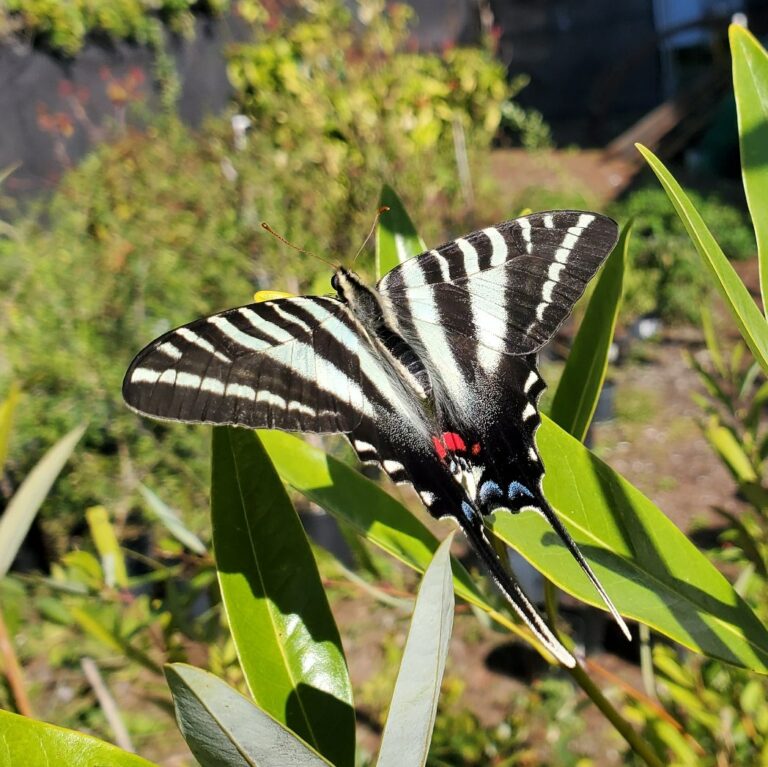
Anita Camacho, owner of Little Red Wagon Native Nursery and president of Tampa Bay Butterfly Foundation, Inc teaches us how we can make a difference for butterflies in our home landscape.
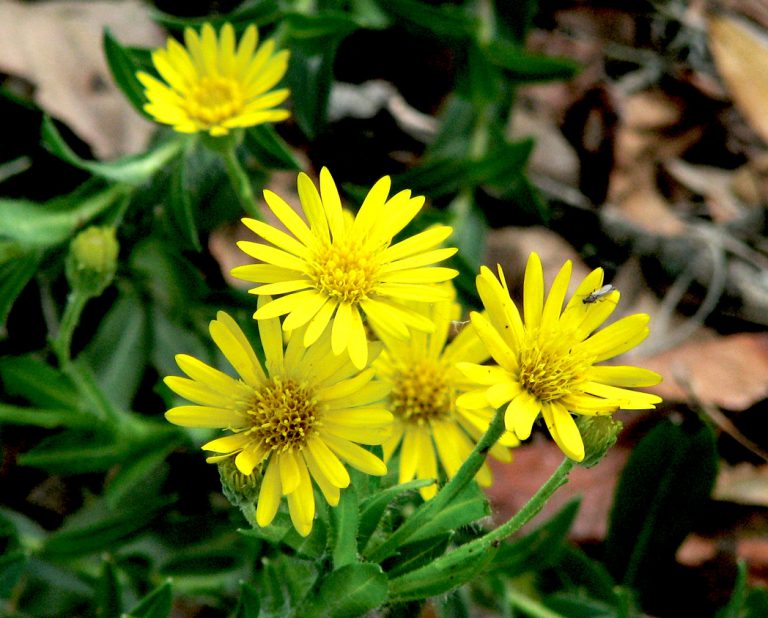
Maryland goldenaster ( Chrysopsis mariana) is found in pinelands, sandhills and sandy roadsides. Butterflies, as well as a variety of native long-tongued bees are attracted to the plant’s nectar.
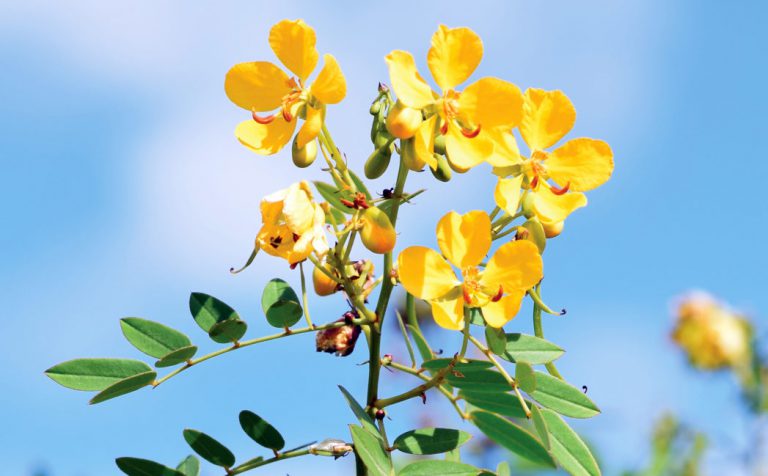
Chapman’s wild sensitive plant (Senna mexicana var. chapmanii) is a state-listed threatened species. Its flowers are visited by a variety of native bees and butterflies, and it is a larval host for Sulphur caterpillars.
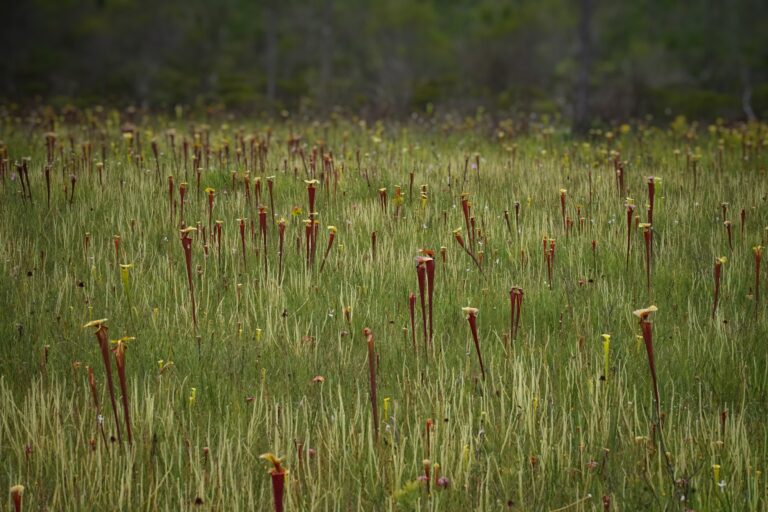
From the Apalachicola River Basin to the Lake Wales Ridge and into the Everglades, Florida has many unique plant communities. How each of these ecosystems will respond to a rapidly changing climate is likely to be as unique as those environments themselves.
Welcome to the Ethnobotanical Garden at Ellis Acres This ethnobotanical garden showcases Florida’s rich native plant heritage, highlighting species valued both by wildlife and humans for their ecological and cultural significance. Each species in this garden plays an essential role in local ecosystems, offering food, shelter and habitat for pollinators, birds and other wildlife. Many…
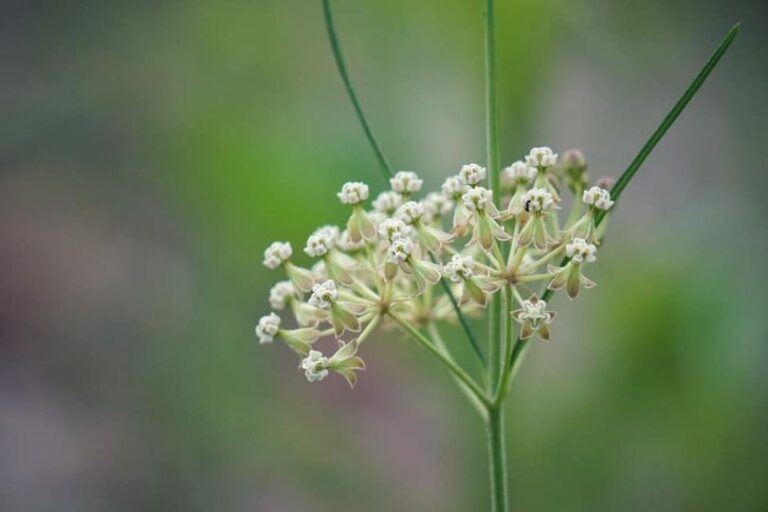
Whorled milkweed (Asclepias verticillata ) is one of the smaller, more delicate native milkweeds and is easily overlooked when not in bloom. It flowers late spring through summer and into early fall.
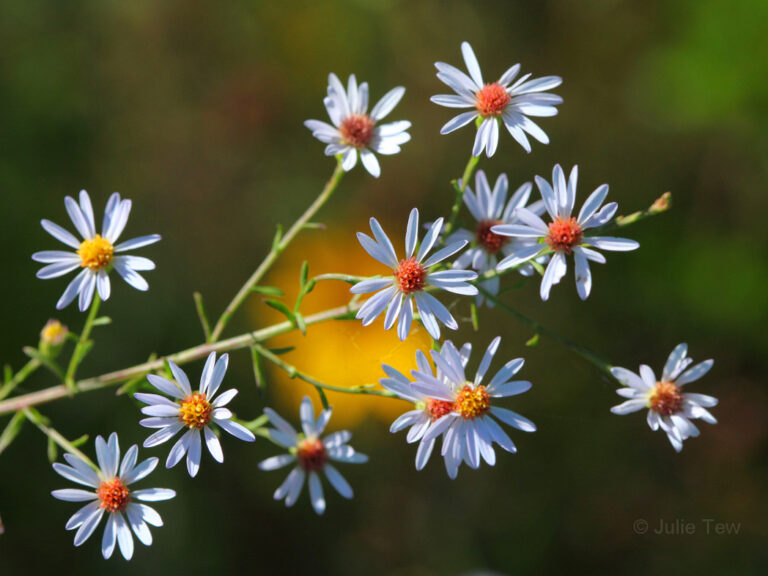
Rice button aster (Symphyotrichum dumosum) is a profuse bloomer with small flowers that attract a plethora of pollinators including butterflies and native bees.
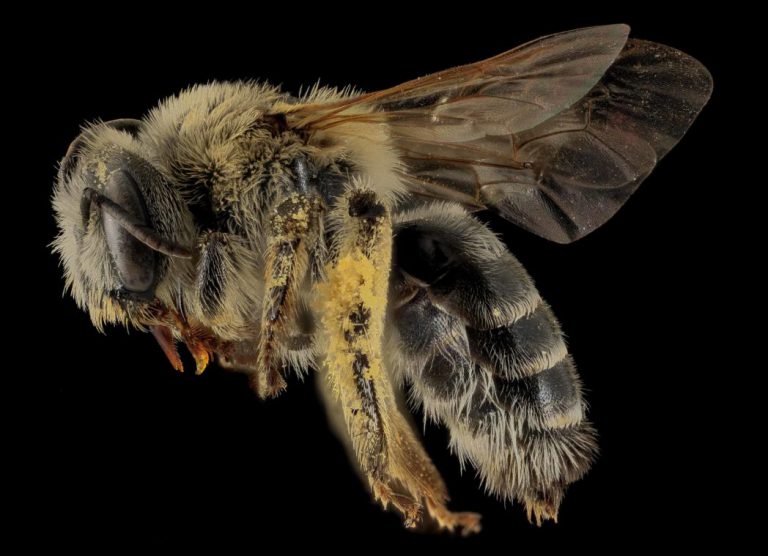
Melittidae, or oil-collecting bees, are considered to be one of the most ancient bee families. In fact, the oldest known fossil of any bee is thought to be about 100 million years old, and contains a specimen from this family.
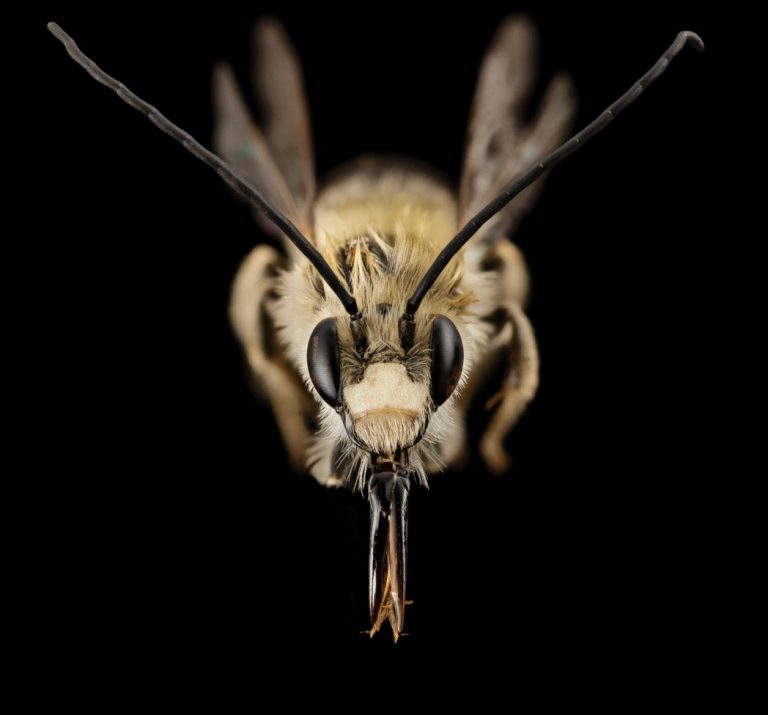
The Eucerini tribe is collectively referred to as the “long-horned bees,” but some genera within this tribe have other common names such as squash bees and sunflower bees.
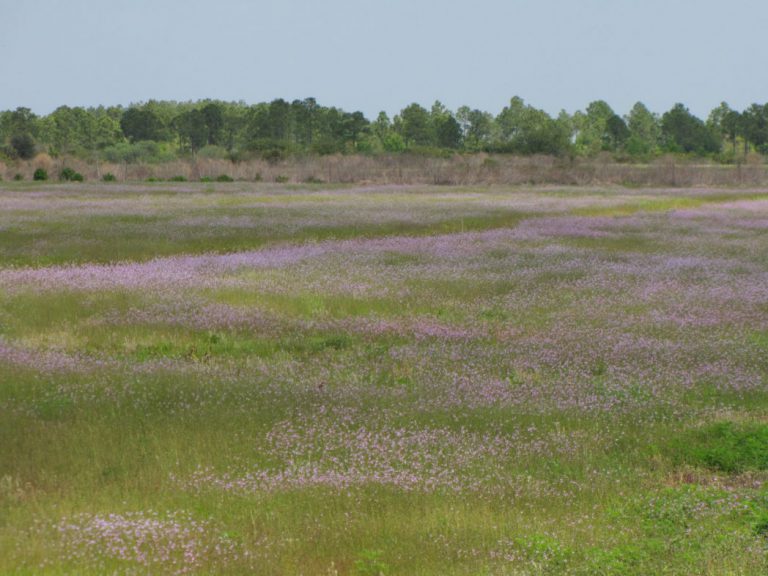
Many of Florida’s spring native wildflowers have large, showy flowers. But some small common ones may be underappreciated. However, they are quite beautiful when viewed close up.
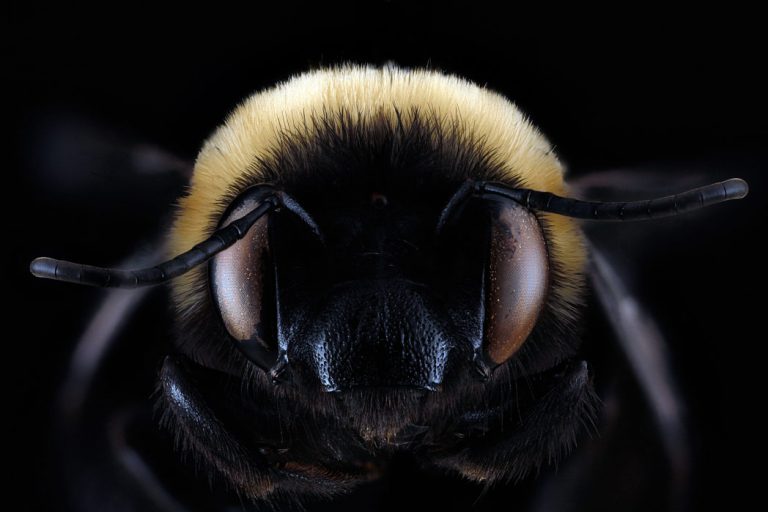
Southeastern blueberry bees are our most efficient blueberry pollinators, but they are only active for a short period of time in early spring!

Mona Johnston joined the Florida Wildflower Foundation board in September 2023, bringing with her an extensive knowledge and legacy of conserving South Florida’s native wildflowers.